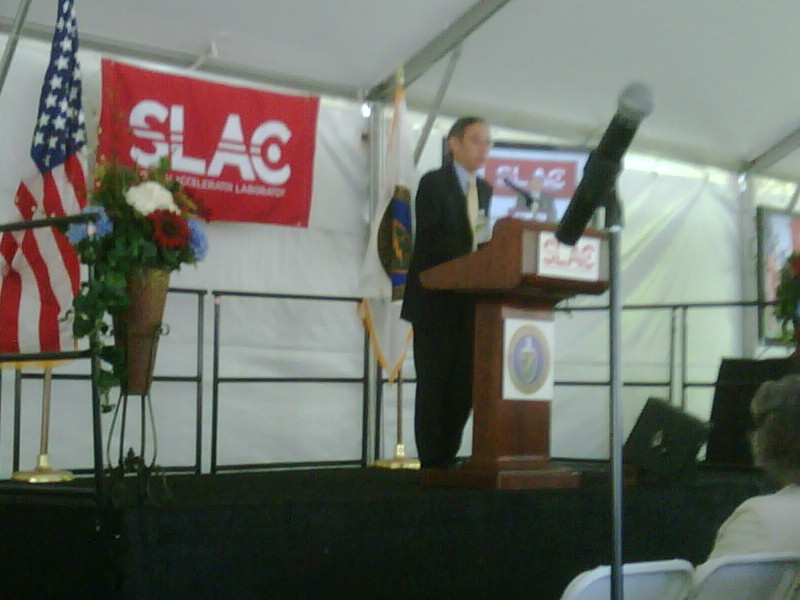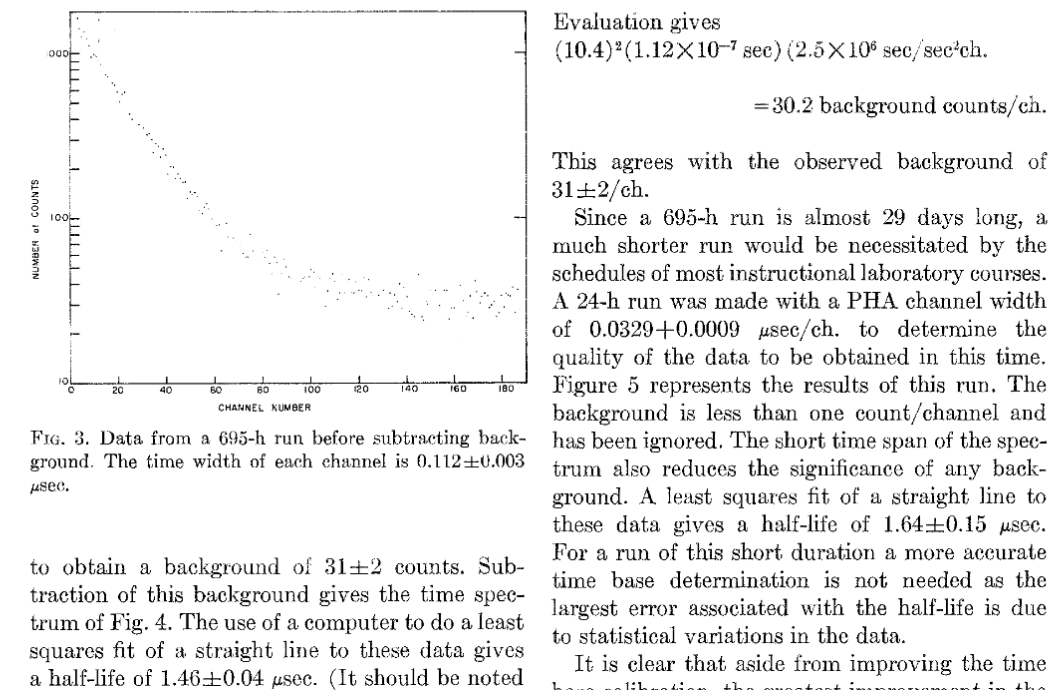In the last few weeks – and, indeed, years – I am more and more stuck by the fact that physicists are not wide-spread open-source consumers. I’ll give a key example, and then conclude.
Microsoft Office. It’s offered for cheap to institutions, especially adademic ones, in order to get people to use it. It’s like a free sample from a drug dealer. “Have a little Office for free (or a reduced price)”, they say, “and see if you like it. If you want more, just come back later.” Students especially like free stuff – food, drink, software. Give it to them for free and they’re hooked.
There are two problems with this. The first is that eventually all students graduate and move one, and then they’re not students anymore. That means paying full price for the same fix you used to get for free. The second is that there are others of us that are not students, and have to pay full price anyway. Or, we can get the software using academic discount, but that’s no better than the dealer sampler.
Instead, why not just use something that works great on Mac, Windows, and Linux, all for free? Why isn’t every physicist doing this? That way, we don’t spend 5 minutes in each meeting complaining about how somebody can’t open the PPT file, or somebody needs it converted to PDF, or postscript, or some other format. Just making the switch will save 5-10% on each meeting! As a physicist, I HATE spending more time in a meeting than is needed.
I advocate that all physicists switch to Latex and PDFLatex, so they instantly get PDF files out the other end, or use OpenOffice, which also lets you open the file on any computer or convert it to PDF. Here are some sites to get you going:
- Latex and the Beamer Slide Class: http://latex-beamer.sourceforge.net/
- OpenOffice: OpenOffice.org





2 thoughts on “Why isn’t every physicist an open-source consumer?”
Dear Steve,
I whole heartedly agree wit your post. I’m a physics graduate and an open source supporter.
I wrote my MSc thesis totally in OpenOffice, the end result is here:
http://www.scribd.com/doc/3949146/AN-INTRODUCTION-AND-BRIEF-TOPICAL-REVIEW-OF-NONHERMITIAN-QUANTUM-MECHANICS-WITH-REAL-SPECTRA
Dear David,
Very cool! I like the specificity of your introduction in detailing how you used OSS to compose your thesis. Congratulations on receiving your MSc from Hull.